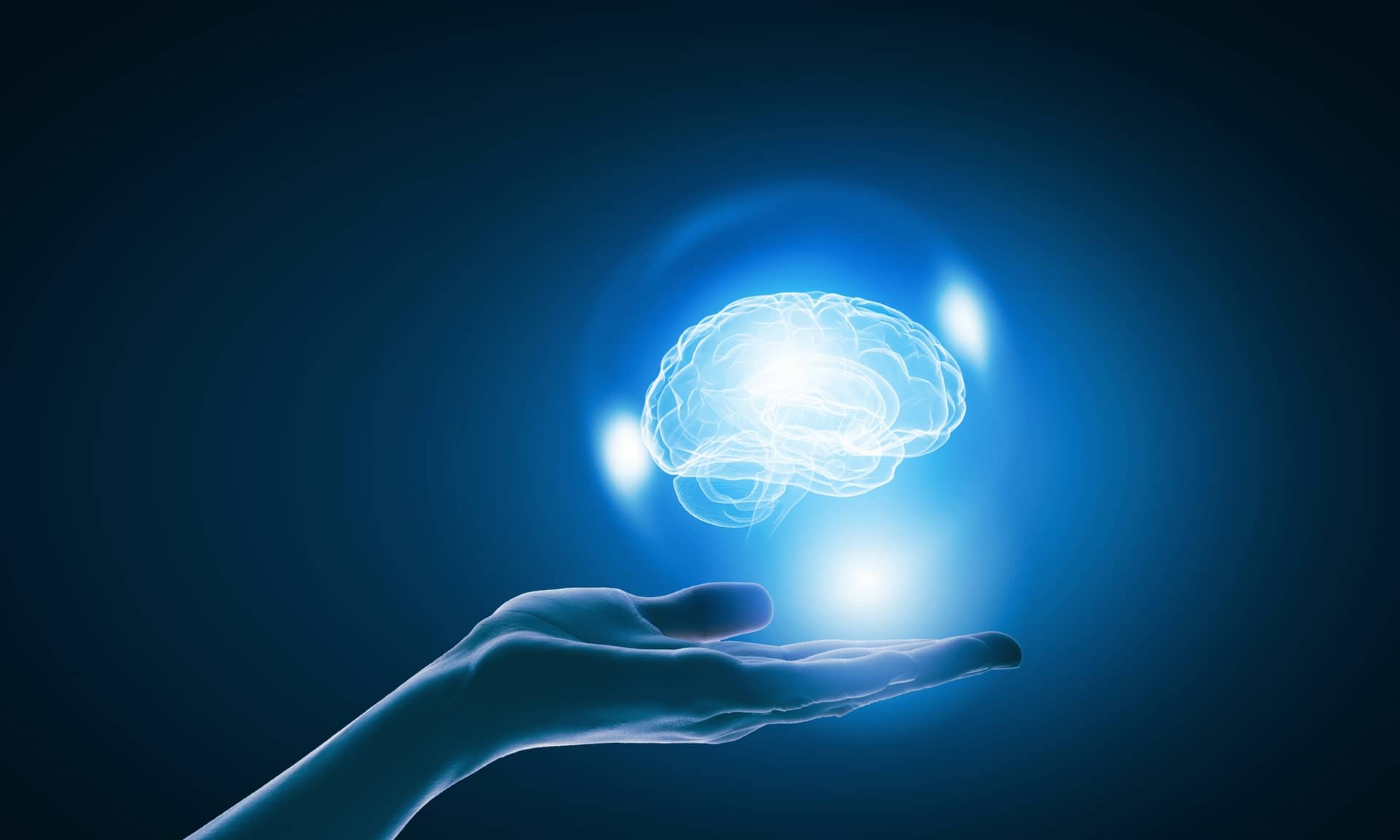
- It means you are more susceptible to Alzheimer’s disease and memory loss.
- It indicates you may face serious future health difficulties.
- It signals that important connections among your neurons are being destroyed
Future Dementia Shows Up on a Scan
A study at the Imperial College London demonstrates that changes in brain volume can indicate your risk of memory issues like Alzheimer’s disease and the chances of upcoming health issues.1 The British researchers found that a rapidly shrinking brain spells danger for your memory and wellness. Doctors can see it in a brain scan before you feel it. "Our approach uses the discrepancy between (people’s) chronological age and what we call their brain-predicted age as a marker of age-related atrophy in the brain,” says researcher James Cole. “If your brain is predicted to be older than your real age than that reflects something negative may be happening." Supporting these conclusions: research at the Massachusetts General Hospital in Boston confirms that when your brain shrinks too rapidly as you age, your risk for Alzheimer’s disease triples.2Hang on to Your Brain with These Tips
The good news about the size of your brain is that there are things you can do that help it stay larger. The first action you need to take is get the sugar out of your diet. Especially urgent is the necessity of not consuming sugary soft drinks. And don’t switch to diet soda as an alternative. Research at Boston University shows that taking in too much sugar – especially when you imbibe the high fructose corn syrup in soft drinks – shrinks your brain, impairs your memory and leads to a smaller hippocampus, the brain’s memory center.3 This study also showed that switching from regular soft drinks to diet soda doesn’t offer better brain health – diet soda drinkers suffer a significantly larger risk of having a stroke.4 The researchers aren’t sure why this occurs. But perhaps one of the best ways to keep your brain larger is to exercise. A study at the Wake Forest School of Medicine shows exercise is beneficial even in people with mild cognitive impairment (MCI) – a more advanced version of those annoying senior moments. This memory difficulty often leads to Alzheimer’s disease, but aerobic exercise increases brain tissue in parts of the brain linked to memory.5 "Even over a short period of time, we saw aerobic exercise lead to a remarkable change in the brain," says researcher Laura D. Baker. What kind of aerobic exercise should you do? According to researchers at UCLA and the University of Pittsburgh, just about any type will do – walking, dancing, jogging, gardening, swimming, biking, etc.Cut Your Risk of Alzheimer’s by 50 Percent
In a 30-year analysis, scientists found that exercise increases the volume of brain tissue in the frontal, temporal and parietal lobes – all brain areas that maintain your intellectual abilities.6 The folks who stayed most physically active in this research cut their Alzheimer’s risk by half. Along with exercise, restful sleep is another lifestyle measure that protects your brain. A test at the University of Oxford demonstrates that disturbed sleep, especially in seniors, is linked to increased brain shrinkage – so keep your bedroom cool, dark and quiet. And avoid your cellphone or computer near bedtime.7 Also – avoid air pollution when you can. Research shows that the toxins we inhale are another danger to brain size.8 When it comes to brain health, size matters. Don’t let your brain waste away!- https://www.ncbi.nlm.nih.gov/pubmed/29074032
- http://www.neurology.org/content/78/2/84
- https://www.ncbi.nlm.nih.gov/pubmed/28274718
- http://stroke.ahajournals.org/content/48/5/1139
- https://press.rsna.org/timssnet/Media/pressreleases/14_pr_target.cfm?id=1921
- https://www.ncbi.nlm.nih.gov/pubmed/26967227
- https://www.ncbi.nlm.nih.gov/pubmed/25186857
- https://www.ncbi.nlm.nih.gov/pubmed/25908455
